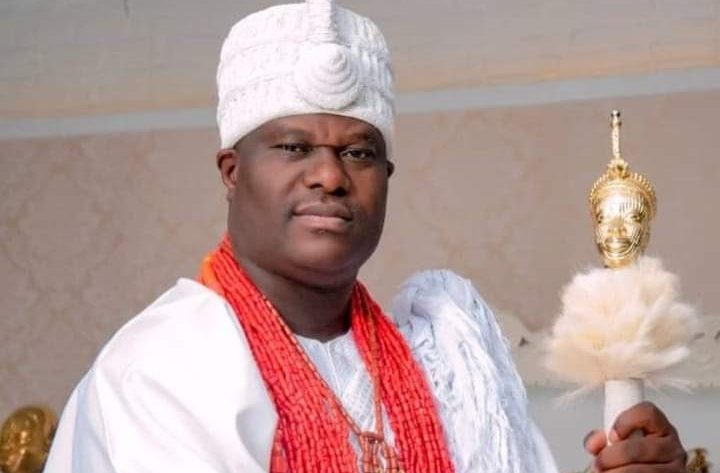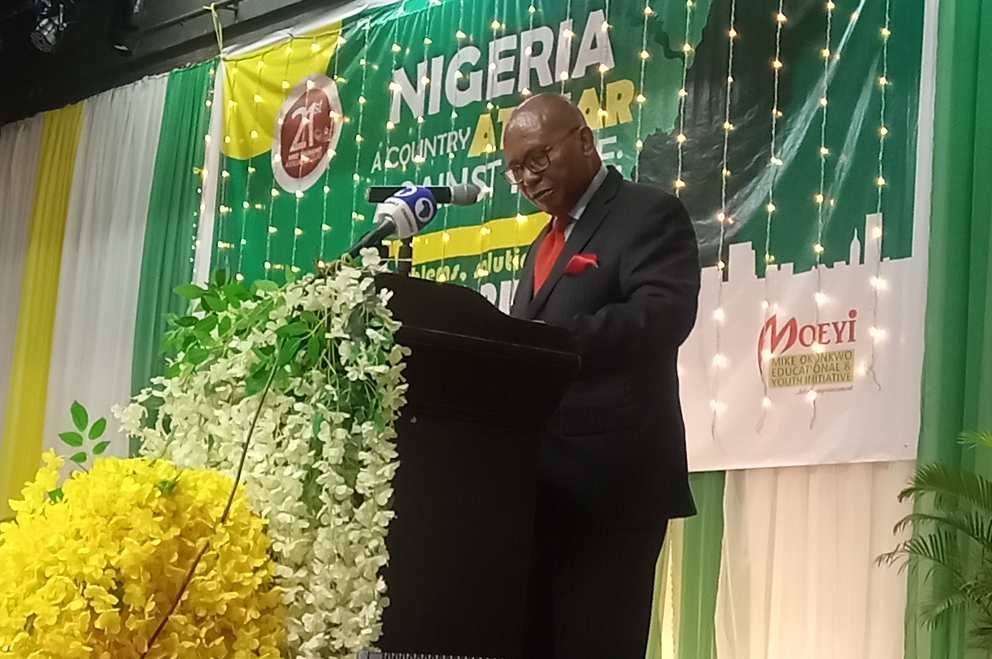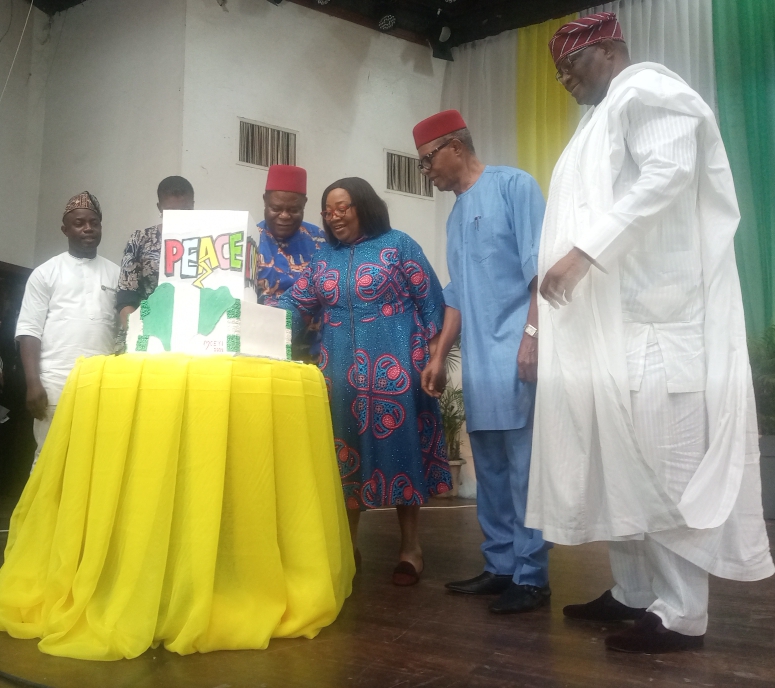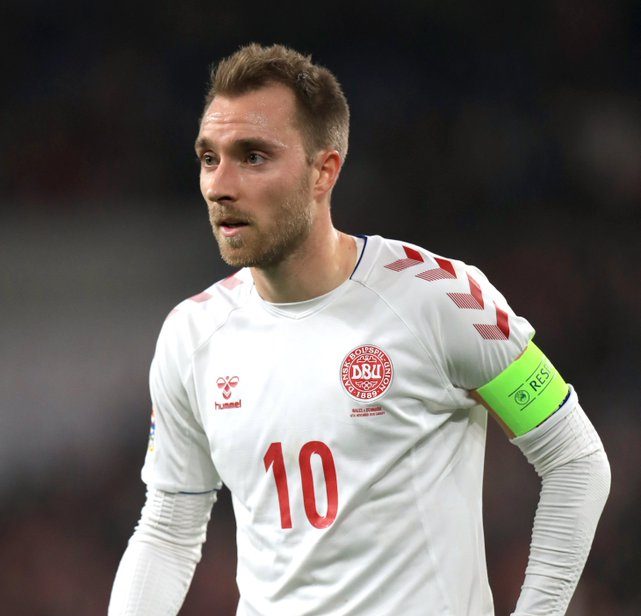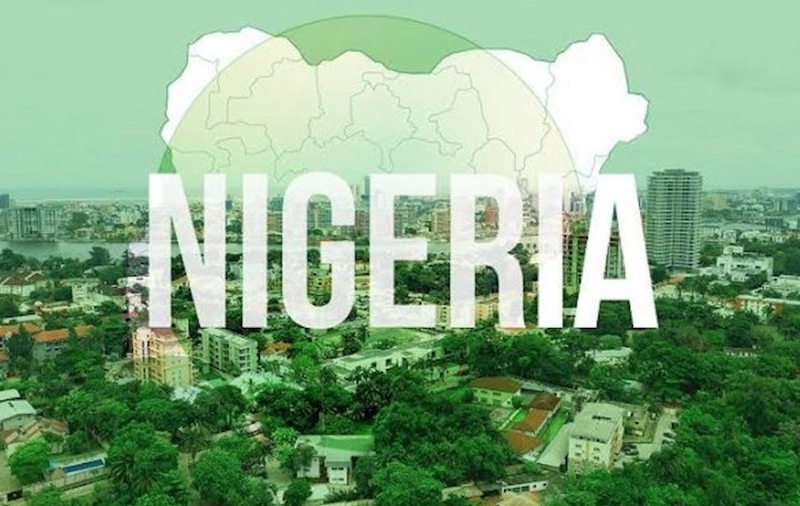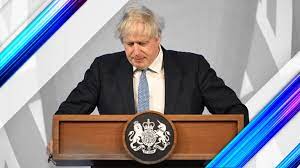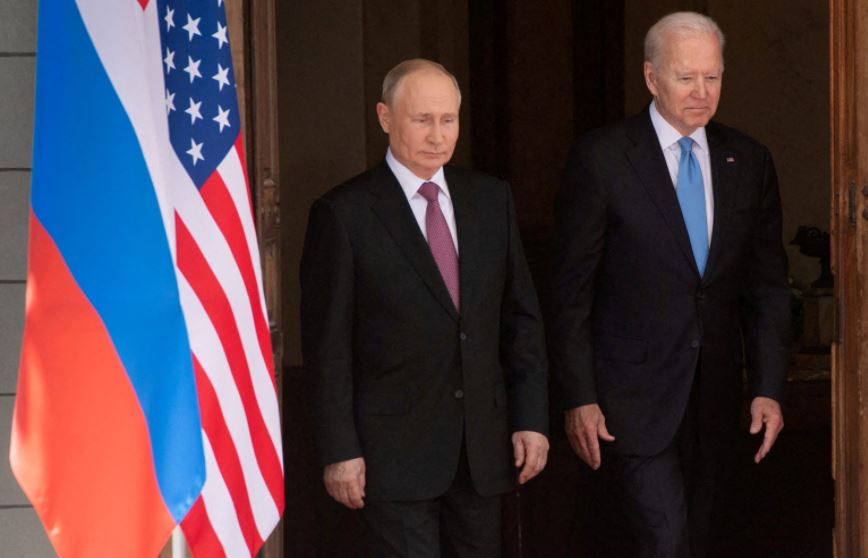By Godwin Etakibuebu
Nigeria is lost in sea of confusion. And there seems to be no hope, either for now or within the expected future. The Nigeria that gladiate within the comity of Nations around the world today is actually a rudderless ship. It is a country separates far away from the control base, or tower. It is hopelessly navigating its sea voyage along darkness – in a circumstance that comes with evidence of a sailing vessel without navigational equipment.
Unfortunately, the Nigerians of this generation have already boarded this rudderless vessel. And we are already at the sea of international waters. There are more predicaments, than we anticipated at the time the voyage commenced from Port of Origin, afflicting this vessel.
For example, Nigerians just discovered that the Sea Captain in charge and command of the ship and the voyage is not a certified Master Mariner. The Captain lacked total knowledge of what a Ship is, lacking in knowledge of commanding a ship, nor does he know anything about sea routes and voyages. Worse still is the fact that this Captain does not know anything about any of the equipment that made up the totality of the Ship.
This is the Captain in charge of command-control of the Nigerian Ship, and Nigerians; on board the Vessel, are just discovering the Captain’s deficiencies only at the High Sea – at International Waters, at a time the Vessel is on high cruise – of sailing Eleven Nautical Miles per hour.
There is more to increase the fear of all those on board the Vessel beyond the speed of the ship. One of the voyagers has just whispered to the hearing of many co-travelers that the Ship was heading towards the Bay of Biscay – Bay of Biscay is the most turbulent waters within the international waters of the Maritime World.
Bay of Biscay is off Portugal waters, lying along the western coast of France from Point Penmarc’h to the Spanish border, and the northern coast of Spain west to Cape Ortegal. The south area of the Bay of Biscay washes over the northern coast of Spain and is known as the Cantabrian Sea.
That was the point where the voyagers became seriously concerned. Yet, they still hold a little of calm composure until the Whistle Blower came to whisper another bad news. And what did he say this time around that really threw all the voyagers into uncontrollable panic?
He told them that if the Vessel was able to make it past the Bay of Biscay; which he said that he doubted, the Ship would be entering directly into the dreaded Bermuda Triangle. He [the whistle blower] assured the voyagers that he wasn’t sure if God would be able to deliver the Ship not encountering an UFO – Unidentified Flying Object, within the sea region of the Bermuda Triangle.
The Bermuda Triangle is a mythical section of the Atlantic Ocean roughly bounded by Miami, Bermuda and Puerto Rico where dozens of ships and airplanes have disappeared. The area referred to as the Bermuda Triangle, or Devil’s Triangle, covers about 500,000 square miles of ocean off the southeastern tip of Florida. Unexplained circumstances surround some of these accidents, including one in which the pilots of a squadron of U.S. Navy bombers became disoriented while flying over the area; the planes were never found. Other boats and planes have seemingly vanished from the area in good weather without even radioing distress messages.
Above narration describes Nigeria’s situation at the moment. Let us peruse some of recent events in our beloved country that would identify our predicaments appropriately with the scenario painted above.
First, the Punch Newspaper of Tuesday, March 1, 2022, reported a story emanating from the Federal Government, saying “Medical tourism will soon be a thing of the past”. According to the report; credited to the Minister of State for the Health Ministry – Dr Olorunnimbe Mamora, ”the Federal Government advised Nigerians to seek information on the treatment of some diseases locally before thinking of going abroad”, adding, “the advice became necessary because many of its hospitals across the country were now treating some of the medical issues pushing some citizens outside the shores of the country”.
Just 24 hours after the federal government issued this statement, the President and Commander-in-Chief of the Nigerian Armed Forces left the soil of the country, in continuation of his medical tourism to the United Kingdom.
We should not forget that since Muhammadu Buhari won his first election and sworn in as the country democratically elected president in 2015, he has spent 200 days in London hospital. And by the time these 14 days he staying on this medical trip is added, the Nigerian President would have spent 214 days on medical tourism.
This time around, Buhari is leaving Nigeria and Nigerians at a time the Nigerian People are suffering and being tormented as a result of adulterated and contaminated fuel Muhammadu Buhari; in his capacity as the Minister of Petroleum Resources, imported into the country. Nigerians are spending nights – sometimes two nights, on the queue, at petrol stations across the country.
In the first place, the Minister of Petroleum Resources – Muhammadu Buhari, refused to take responsibility for the toxic fuel he brought for Nigerians, neither would he apologise to Nigerians. And in midst of these confusions, the man left Nigerians to their fate for his medical tourism, which he told Nigerians, was coming to be a thing of the past. What a quality of leadership?
What about the show of absurdity displayed a few days ago, when wives of the Nigerian Governors, led by Bisi Fayemi; wife of the Ekiti State Governor, who is the Chairman of the Nigerian Governors Forum, travelled all the way to Dubai, in the United Arab Emirate, to present the wife of President Muhammadu Buhari – Aisha Buhari, a birthday cake and card on the latter’s birthday.
Huh! Can you believe this melodrama show of shame in a country where the citizens are waiting to die because of harsh economic conditions, occasioned by misrule by a government being led by Madam Aisha’s husband?
Is someone counting the cost of that journey – in terms of flight cost, accommodation and other sundry expenses, associated from the journey of show of solidarity from the wives of the governors, to the wife of the President? Has it occurred to all Nigerians that this humongous colossal waste associated with the solidarity journey is taken from the Nigerian Till?
Or do we need to visit any oracle to understand the predicament and mess Nigerians found themselves to know that we are in total mess and that this gigantic mess is as a result of a bolt and nut that have vanished from leadership head? Who shall restore these missing essentials back to the head of Nigeria’s leadership?
Above remains, and shall mostly remain: for a long time to come, our predicament. Isn’t this a tragedy of leadership in our country?
Godwin Etakibuebu; a veteran Journalist, wrote from Lagos.
Contact:
Website: www.godwintheguru.com
You Tube Channel: Godwin The Guru
Twitter: @godwin_buebu
Facebook: Godwin Etakibuebu
Facebook Page: Veteran Column
Telegram: @friendsoftheguru
WhatsApp: @friendsoftheguru
Phone: +234-906-887-0014 – short messages only.
You can also listen to this author [Godwin Etakibuebu] every Monday; 9:30 – 11am on Lagos Talk 91.3 FM live, in a weekly review of topical issues, presented by The News Guru [TNG].


